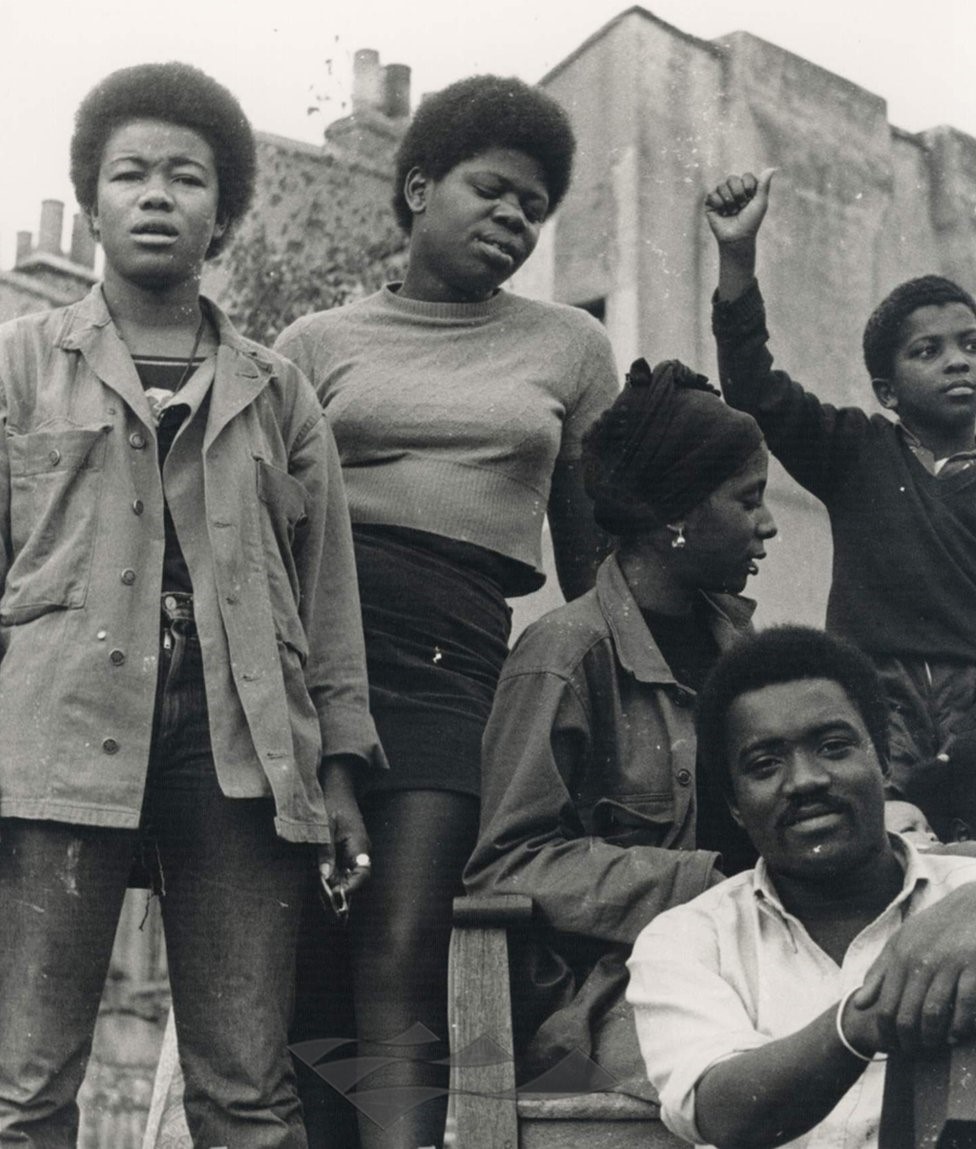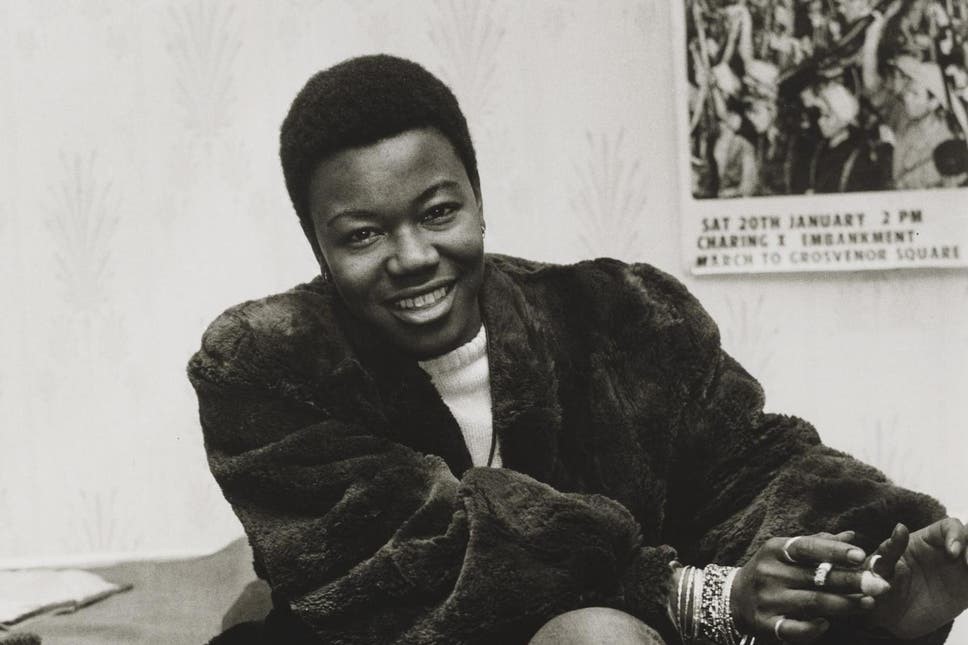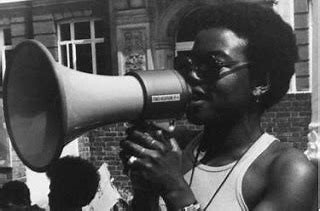In celebration of Black History Month, students in the School of History have been writing blogs about key figures in black history. Third-year student Imogen Constable has written the following blog about the activist Olive Morris.
Olive Morris is best remembered as being a community activist in South London, especially based in Brixton, in the 1970s. Her contributions to black communities, for squatters’ rights, her feminist activism and communist agenda have been recognised by the ‘Remembering Olive Collective’, set up in 2006 for information and material relating to her life. Despite this, she had been mostly absent from discourse on black radical feminism and community activism. More recently however, she was voted one of eight Black women to have made contributions to Britain’s development by The Voice and on what would have been her 68th birthday, a Google Doodle was made for her, allowing her legacy to live on.
Olive Morris was born on the 26 June 1952, in Jamaica. She moved at the age of nine to London with her three brothers, two sisters, and parents Doris and Vincent Nathaniel Morris. Morris’ first experience of political action against state oppression and state harassment was when she was just seventeen years old. On 15 November 1969, Morris was assaulted by a policeman while defending a Nigerian diplomat, who had been accused of stealing his own car in Brixton and was being attacked by the police. Following the altercation, Morris and another six people, were racially abused by the police, sentenced to jail for three months, and given a £10 fine.
During the incident, she demonstrated her strong intention to fight against the injustices of racism, and eventually sexism and classist issues. She protested for ‘liberation, democracy and socialism’, as Dr Angelina Osbourne has argued. The event sparked her introduction to activism. She got involved in and set up many political and social action groups. For example, she was involved in the British Black Panther Youth league, which was a Black power organisation, fighting for the rights of Black people and racial minorities in Britain. Furthermore, she and other young women formed the Brixton Black Women’s Group in 1973, which was one of Britain’s first networks for black women in the struggle against racism, sexism, and class oppression. This group also made links with Third World countries. She believed in Marxist-Leninist Communism and believed that Capitalism works to destroy the individual. She visited China, for example, for the Society of Anglo-Chinese Understanding, and worked closely with other Communists.
Unfortunately, Morris’ life was cut too short, when she died from cancer at the age of 27. But she has been described by those that knew her as being entirely determined to the end: “A very strong and fearless Black sister”, and a selfless leader, who had she lived, would have continued to participate in striving for a better society, “free from the exploitation of man by man”.
Bibliography
Black Women’s Group Brixton, Speak out Pamphlet, c.1980-1985
Angelina Osbourne, Black History Month: The Power of Olive Morris, 2018



